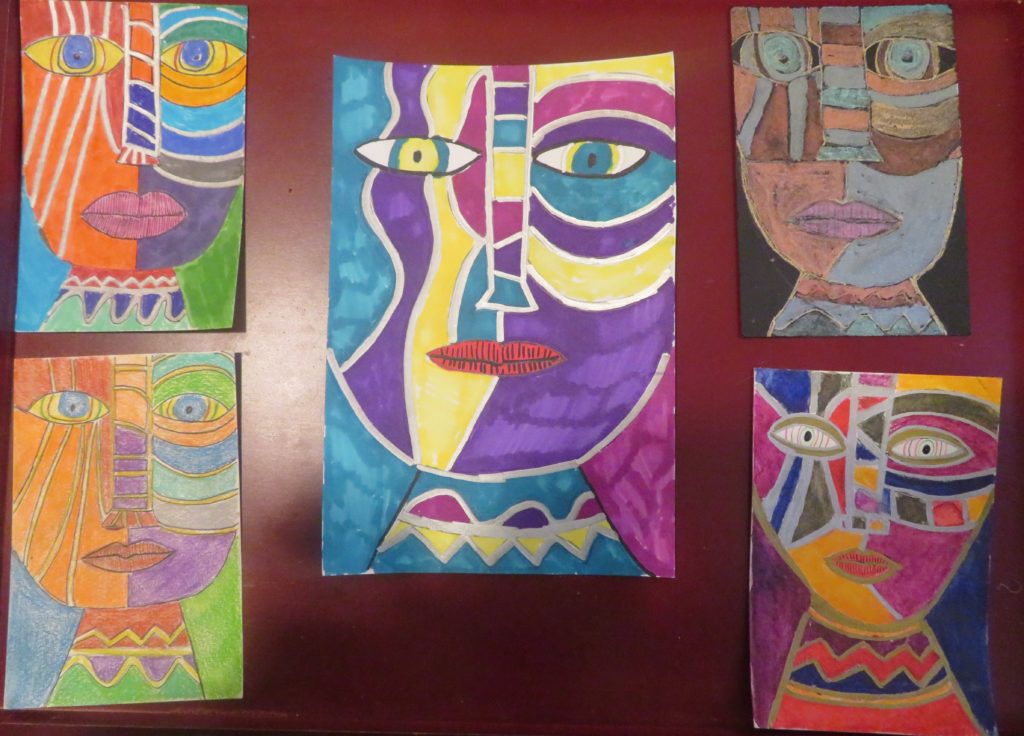I just finished reading a book called “Never Let Me Go,” by Kazuo Ishiguro, the 2017 winner of the Nobel Prize for Literature. At first, it came across as being a story about how children lived and learned in a boarding school. called Hailsham. They were encouraged to be creative through a variety of visual arts, including drawings and sculpture. They were told that, if their work was good enough, they could have it displayed in a mysterious “gallery” that they had never seen. That comes across as a really good thing, that kids are being encouraged to create art and show their gifts. Through the course of the book, however, it started to be apparent that Hailsham was not your typical boarding school.

For one thing, neither the children nor the adults (referred to as “guardians,” rather than “teachers”) ever mentioned parents. The children didn’t talk about going home or about graduation or about university or anything that children in school might talk about. The author lets the reader discover that the children are clones and that their purpose in life is to serve as organ donors for humans, including their “possibles” (the models from which the clones were made). The hope was that, if the donor’s and the recipient’s DNA was alike, there would be less chance that the organs would be rejected. But were the donors seen as humans or were they just hosts for organs? The creativity that the children were urged to display was designed to answer questions. Do clones have souls? And do they show their souls through their creative efforts? And, if they do have souls, is it ethical to mine their organs so humans (not clones) can survive severe illnesses, such as cancer?
Although “Never Let Me Go” is a work of dystopian fiction, it raises some serious questions. Is it necessary to be creative to show your humanity? One of the boys in the book insisted that he had no creative spark, although later in the story, it was obvious that he did. And who is the judge of creativity? How many ways are there to express creativity? Are we really creating things with our art work or is the art work more interpretative than creative? If so, are we still human? And who is a human? Is a clone a human or is the clone just a vessel for vital organs? Did anyone in the story ever question the concept of using clones as donors of vital organs until they “complete”?
What does it mean to be human? A hard question, to be sure, but that is, in essence, what this book is about.
Hi Alice. It sounds like an interesting book raising many interesting questions. However, I don’t think it is for me. Clones and all that stuff makes me feel uncomfortable. I guess I’m a bit of a chicken shit. I do not like science fiction either.
That’s quite okay. You should read things that interest you!!!
A little strange to be thinking of clones. But your question is creativity necessary to be human is intriguing. I, only not in my 60’s, am really thinking about how I can use my right brain more.
Hi Cheryl,
And I struggle to be analytical (left brain stuff)!
I hope you find something that makes you feel happy and creative!
I read this book several years ago and I still think about it from time to time. It’s on my list of “best books I’ve ever read”. Ishiguru reveals just enough at each stage of the book so that when the full truth is revealed (especially about the “fourth donation”) you feel a chill that will stay with you for weeks. It’s interesting that you and I zeroed in on different aspects of the book, and that is part of its genius – anyone can come away from this book with something of value.
It is a brilliant novel, exceedingly well written. The characters are well defined and I cared deeply for them. It is also very complex, and I can see that there are so many ways to interpret it. So I agree that that is definitely part of its genius.
This book will give me a chill for weeks. I also don’t think that the words “completed” and “donation” will ever again have the same meaning for me.